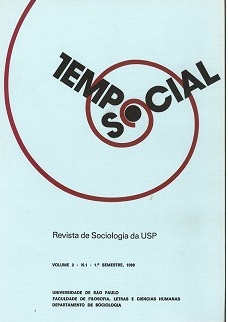Hannah Arendt: modernity, science, philosophy
DOI:
https://doi.org/10.1590/ts.v2i1.84796Keywords:
Hannah Arendt, Science, Philosophy, Subjectivism, Modernity, Comprehension, Meaning, LegitimacyAbstract
We study here the conceptions of Hannah Arendt on the relations between science and philosophy from the moment characterized by her as a double alienation: from the science of earth to cosmos and from the philosophy of the world to the self. Arendt understands this moment as the foundation of philosophical subjectivism, coinciding with the events determining the character of Modern Age.
We show that Arendt reacts against philosophy "following up" in relation to science, admiting the human possibility to discover and manipulate the laws of nature, whilst denying its comprehension. In this cleavage the possibility of grounding philosophy´s legitimacy emerges, as an exercise of thinking in search for legitimacy and not for comprehension.
Downloads
Downloads
Published
Issue
Section
License
Copyright (c) 1990 Tempo Social

This work is licensed under a Creative Commons Attribution-NonCommercial 4.0 International License.


